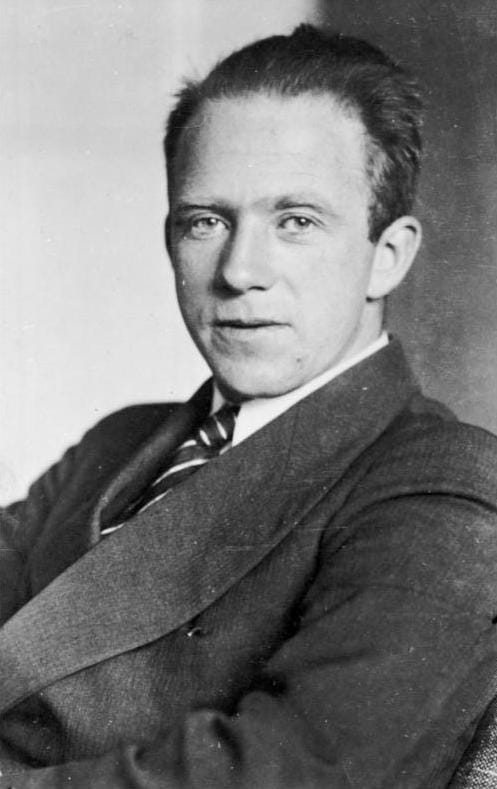Wilhelm Röntgen
Wilhelm Röntgen (1845-1923) was a German physicist who is best known for discovering X-rays in 1895. His groundbreaking work earned him the first Nobel Prize in Physics in 1901. Röntgen’s discovery revolutionized medical diagnostics and contributed significantly to various scientific and technological advancements, making him a key figure in the history of physics and medicine. … Read more



















